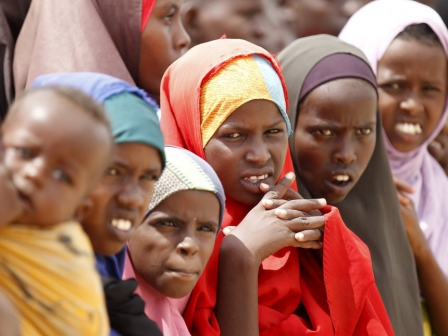×
The Standard e-Paper
Stay Informed, Even Offline

Operations in Dadaab refugee camp were brought to stand still as angry residents took to the streets demanding the closure of the camp and urgent relocation of the refugees.
Hundreds of locals carrying placards lit borne fires at the main gate of United Nation and its agencies headquarters halting operations in the facility.